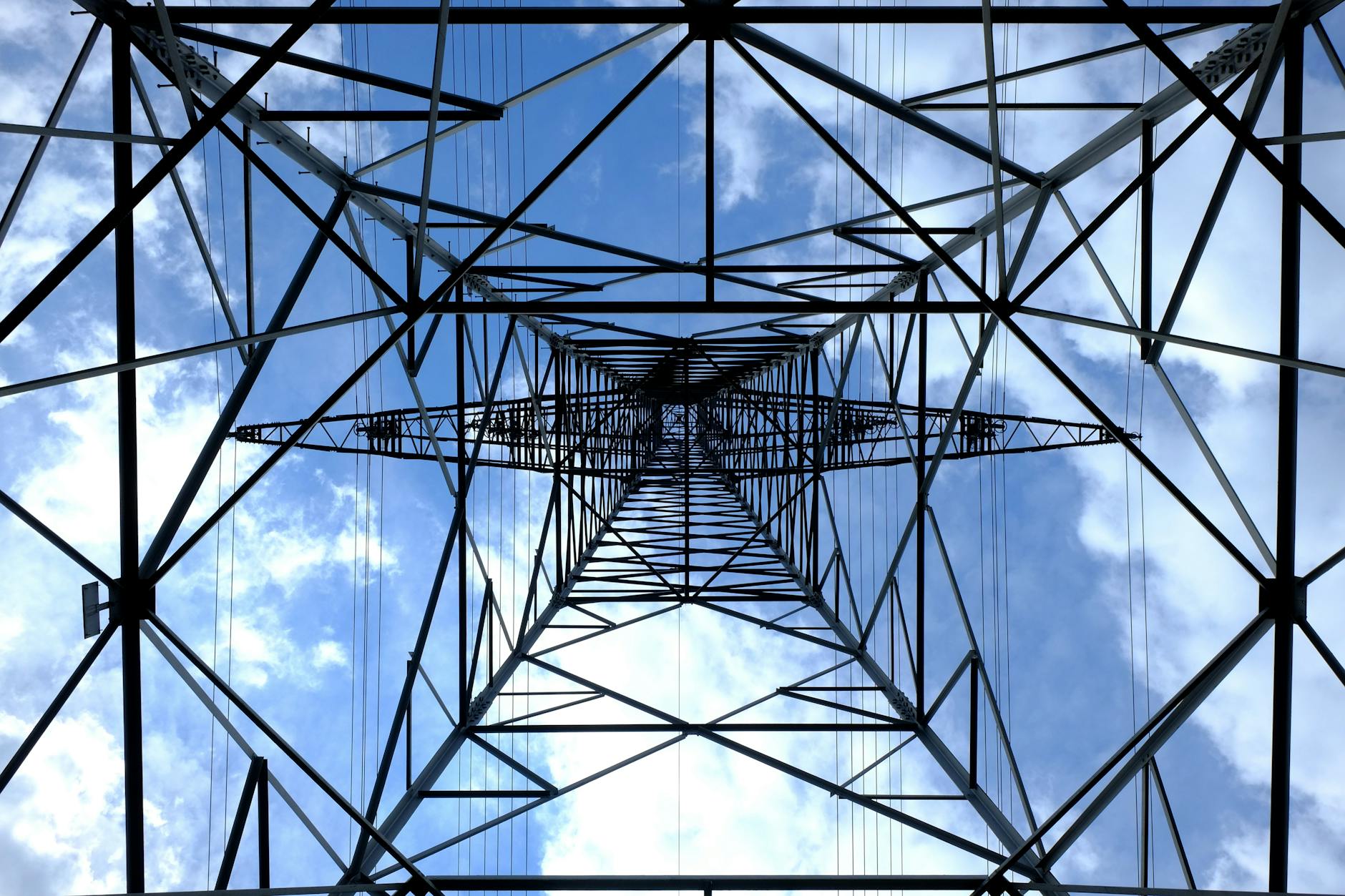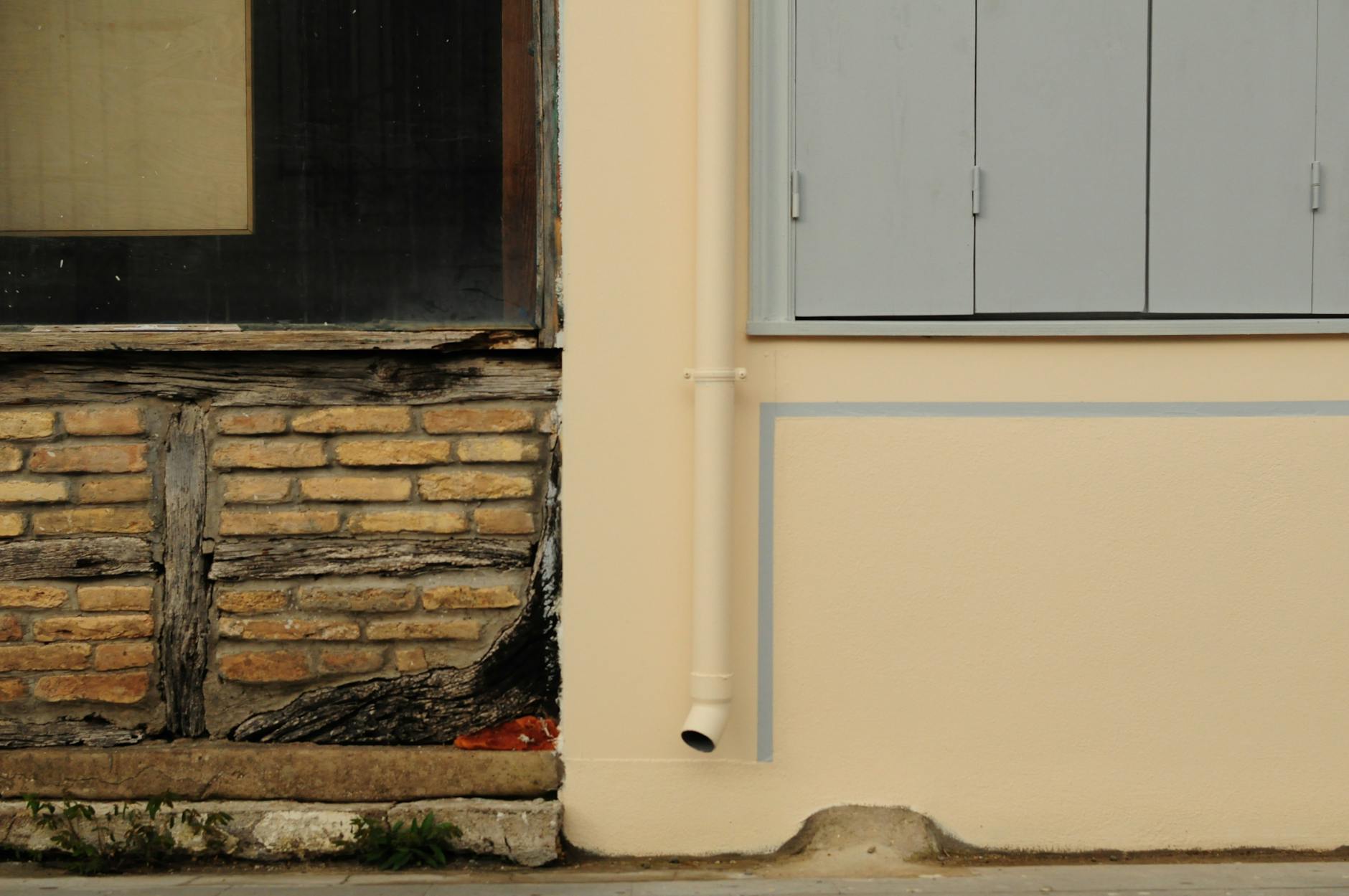
Are you dreaming of owning a condo? 🏙️ The allure of a low-maintenance lifestyle, prime locations, and attractive amenities can make condo living seem like the perfect choice. But beware! Behind that glossy facade lies a world of expenses that can catch even the savviest homeowner off guard.
Imagine settling into your new condo, only to be blindsided by sky-high monthly fees, unexpected special assessments, or the shock of hefty property taxes. These hidden costs can quickly turn your dream home into a financial nightmare. But don't panic just yet! By understanding and preparing for these potential expenses, you can make an informed decision and avoid costly surprises down the road.
In this blog post, we'll dive deep into the seven critical condo expenses you simply can't afford to ignore. From monthly maintenance fees to renovation costs, we'll explore each aspect in detail, helping you navigate the complex world of condo ownership with confidence. So, buckle up and get ready to become a savvy condo buyer – your wallet will thank you later! 💰🏠
Monthly Maintenance Fees: Understanding the Basics

A. What's included in maintenance fees
Monthly maintenance fees typically cover a range of essential services and amenities in a condo complex. These may include:
- Building maintenance and repairs
- Landscaping and snow removal
- Security services
- Common area utilities (e.g., lighting, heating)
- Amenities (e.g., gym, pool, party room)
- Property management fees
B. How fees are calculated
Condo fees are usually calculated based on:
- Unit size (square footage)
- Building amenities and services
- Reserve fund requirements
- Overall operating costs
C. Typical fee ranges for different condo types
| Condo Type | Typical Monthly Fee Range |
|---|---|
| High-rise luxury | $500 - $1,500+ |
| Mid-rise standard | $300 - $700 |
| Low-rise basic | $200 - $500 |
| Townhouse | $150 - $400 |
D. Potential for fee increases over time
Condo fees are subject to increases due to:
- Rising costs of services and utilities
- Aging building infrastructure
- Unexpected repairs or improvements
- Inflation
It's crucial for potential buyers to factor in these potential increases when budgeting for a condo purchase. Now that we've covered the basics of monthly maintenance fees, let's explore another significant condo expense: special assessments.
Special Assessments: Preparing for Unexpected Costs

Common reasons for special assessments
Special assessments are unexpected costs that condo owners may face. Understanding the common reasons for these assessments can help you prepare financially. Here are some typical scenarios:
- Major repairs or replacements (e.g., roof, elevators, plumbing)
- Emergency situations (e.g., storm damage, flooding)
- Upgrades to common areas or amenities
- Legal issues or lawsuits
- Insufficient reserve funds
How special assessments are determined
The process of determining special assessments involves several steps:
- Identifying the need for extra funds
- Estimating the total cost of the project or expense
- Assessing the current financial state of the condo association
- Calculating the per-unit contribution required
| Factor | Description |
|---|---|
| Unit size | Larger units may pay a higher percentage |
| Ownership percentage | Based on the deed or condo documents |
| Equal distribution | All units pay the same amount |
Budgeting for potential special assessments
To avoid financial strain, consider these budgeting strategies:
- Set aside a portion of your monthly income for unexpected costs
- Research the condo's history of special assessments
- Review the reserve fund status regularly
- Consider purchasing special assessment insurance
Legal rights and responsibilities regarding special assessments
As a condo owner, it's crucial to understand your legal position:
- Right to vote on certain special assessments
- Obligation to pay approved assessments
- Access to financial records and meeting minutes
- Ability to dispute unfair or improperly levied assessments
Now that we've covered special assessments, let's explore another significant ongoing expense for condo owners: property taxes.
Property Taxes: A Significant Ongoing Expense

How property taxes are calculated for condos
Property taxes for condos are typically calculated based on the assessed value of the unit and the local tax rate. The assessment considers factors such as the unit's size, location, and amenities. Here's a breakdown of the calculation process:
- Property assessment
- Application of local tax rate
- Consideration of any exemptions or credits
| Factor | Description |
|---|---|
| Assessed Value | Determined by local assessor |
| Tax Rate | Set by local government |
| Exemptions | Possible reductions based on specific criteria |
Factors that can affect property tax rates
Several factors can influence property tax rates for condos:
- Local government budget needs
- Changes in property values
- New developments in the area
- School district funding requirements
- Special assessments for community improvements
Strategies for managing property tax expenses
To better manage your condo's property tax expenses, consider these strategies:
- Review your assessment annually
- Appeal if you believe the assessment is inaccurate
- Stay informed about local tax policies
- Take advantage of available exemptions or credits
- Budget for potential increases
Remember, property taxes are an ongoing expense that can significantly impact your overall condo ownership costs. By understanding how they're calculated and staying proactive, you can better manage this expense and avoid unexpected financial burdens. Next, we'll explore another crucial aspect of condo ownership: insurance costs and how they protect your investment.
Insurance Costs: Protecting Your Investment

A. Types of insurance required for condo owners
Condo owners need to be aware of several types of insurance to protect their investment:
- HO-6 Policy (Personal Condo Insurance)
- Master Policy (provided by the condo association)
- Loss Assessment Coverage
- Flood Insurance (if in a flood-prone area)
Here's a breakdown of these insurance types:
| Insurance Type | Coverage |
|---|---|
| HO-6 Policy | Personal property, liability, living expenses |
| Master Policy | Building structure, common areas |
| Loss Assessment | Shared costs for damages exceeding master policy |
| Flood Insurance | Water damage from natural disasters |
B. Factors influencing insurance premiums
Several factors can impact your condo insurance premiums:
- Location of the condo (crime rates, natural disaster risks)
- Age and condition of the building
- Coverage limits and deductibles
- Claims history
- Security features (alarms, surveillance systems)
C. Ways to reduce insurance costs
To keep your insurance expenses in check:
- Bundle policies with the same insurer
- Increase your deductible
- Install safety devices
- Maintain a good credit score
- Review and update coverage annually
D. Importance of reviewing and updating coverage
Regularly reviewing your insurance coverage is crucial. As your condo's value changes or you acquire new possessions, your coverage needs may change. Annual reviews ensure you're not over or underinsured, potentially saving you money or preventing financial disaster in case of an incident.
Now that we've covered insurance costs, let's explore another significant expense that condo owners often overlook: utilities.
Utilities: Hidden Expenses That Add Up

A. Common utilities included in condo fees
When purchasing a condo, it's crucial to understand which utilities are typically included in your monthly fees. Here's a breakdown of common utilities often covered:
| Utility | Usually Included | Sometimes Included | Rarely Included |
|---|---|---|---|
| Water | ✓ | ||
| Garbage | ✓ | ||
| Heat | ✓ | ||
| Electricity | ✓ | ||
| Internet | ✓ |
Always review your condo agreement carefully to understand exactly what's covered in your fees.
B. Individually metered utilities to budget for
While some utilities may be included in your condo fees, others are often individually metered and billed separately. These can include:
- Electricity
- Natural gas
- Internet and cable
- Phone service
It's essential to factor these costs into your budget when considering condo expenses to watch out for.
C. Energy-saving tips to reduce utility costs
To keep your utility expenses in check, consider implementing these energy-saving strategies:
- Install programmable thermostats
- Use energy-efficient appliances
- Seal windows and doors to prevent drafts
- Switch to LED light bulbs
- Unplug electronics when not in use
By adopting these practices, you can significantly reduce your utility costs and better manage your condo expenses.
Now that we've covered the hidden utility expenses in condo living, let's explore the importance of reserve fund contributions in planning for your condo's future financial health.
Reserve Fund Contributions: Planning for the Future

Purpose of the reserve fund
The reserve fund serves as a financial safety net for condominium communities, ensuring that funds are available for major repairs and replacements. This crucial account helps maintain the property's value and prevents unexpected financial burdens on owners.
How contribution amounts are determined
Reserve fund contributions are typically calculated based on:
- Age of the building
- Expected lifespan of major components
- Current condition of common elements
- Projected future repair and replacement costs
A professional reserve fund study is conducted to determine appropriate contribution levels.
| Factor | Impact on Contributions |
|---|---|
| Building Age | Older buildings may require higher contributions |
| Component Lifespan | Shorter lifespans lead to more frequent replacements |
| Current Condition | Poor condition may necessitate higher contributions |
| Future Costs | Higher projected costs increase contribution amounts |
Importance of a well-funded reserve
A well-funded reserve offers several benefits:
- Prevents special assessments
- Maintains property values
- Ensures timely repairs and replacements
- Promotes financial stability for the community
Red flags in reserve fund studies
Watch out for these warning signs:
- Unrealistically low contribution recommendations
- Outdated studies (older than 3-5 years)
- Lack of regular updates to the study
- Insufficient funding levels compared to industry standards
Now that we've covered reserve fund contributions, let's explore how renovation and upgrade costs can impact your condo budget.
Renovation and Upgrade Costs: Balancing Desires and Budget

A. Common areas requiring periodic updates
Condo living often means shared responsibility for common areas. Here's a list of areas that typically require periodic updates:
- Lobby and entrance
- Elevators
- Hallways and corridors
- Swimming pool and fitness center
- Landscaping and outdoor spaces
These updates can significantly impact your condo expenses, so it's crucial to stay informed about upcoming renovations.
B. Individual unit renovation considerations
When renovating your individual unit, consider the following:
| Consideration | Description |
|---|---|
| Structural limitations | Check if load-bearing walls can be modified |
| Noise restrictions | Be aware of guidelines for noisy renovations |
| Material approvals | Ensure materials meet building standards |
| Timeline constraints | Plan around building-imposed renovation schedules |
C. Approval processes for renovations
Most condos require approval for renovations. The process typically involves:
- Submitting detailed plans to the condo board
- Waiting for review and approval
- Obtaining necessary permits
- Scheduling inspections during and after renovation
D. Budgeting for long-term improvements
To balance desires with budget constraints:
- Prioritize essential upgrades
- Research cost-effective alternatives
- Consider phasing renovations over time
- Build a separate savings fund for future improvements
By carefully planning and budgeting for renovations, you can enhance your living space while managing condo expenses effectively. Remember that well-executed upgrades can increase your property value, potentially offsetting some of the costs in the long run.

Owning a condo comes with a range of expenses that go beyond the initial purchase price. From monthly maintenance fees and special assessments to property taxes and insurance costs, it's crucial to be aware of these ongoing financial commitments. Utilities, reserve fund contributions, and potential renovation expenses also play a significant role in the overall cost of condo ownership.
By understanding and anticipating these expenses, you can make informed decisions and better manage your finances as a condo owner. Stay proactive in budgeting for both regular and unexpected costs, and always consider the long-term financial implications of condo ownership. With careful planning and awareness, you can enjoy the benefits of condo living while maintaining a healthy financial outlook.



Post a Comment